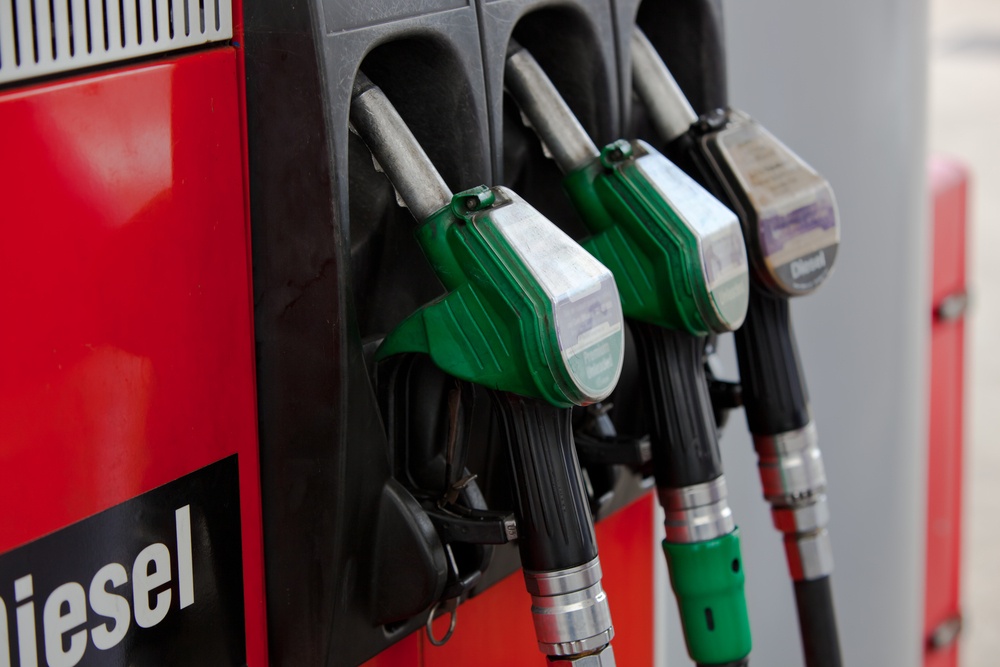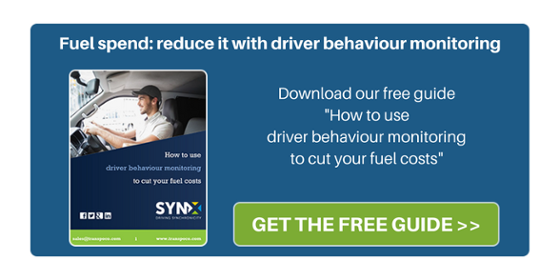
It would be difficult not to immediately associate the letter F in our A-Z of fleet management series with the word “fleet”. But fleet is our overarching theme, so we need to find another topic of focus associated with the letter F, one that is a major expense for anyone operating vehicles commercially, at least for the time being—fuel.
Being an essential element for vehicles to run, fuel is at least for now, in fact, the largest contributor to fleet operating costs and for this reason subject to the most attention. With regards to fuel and fleets, fuel management relates to methods, tools, strategies and also best practices to use in order to maintain, control and monitor fuel consumption. Being the most essential element for vehicles to run means fuel consumption is unavoidable and something that is accepted unquestioningly, but on the other hand that doesn’t mean some serious thought cannot go into putting strategies in place to reduce consumption and, consequently, the sometimes frightening levels of expenditure.
When considering these strategies, there are different approaches regarding fuel itself:
How much do fleets pay for the fuel? This vital element in a fleet operation is not stable but depends on constant market fluctuations and trends that often cannot be predicted and alternate between periods of ups and downs, peaks and uncertainty. This has led to the investigation, by fleets, of a tool called ‘fuel hedging’, which is a contractual instrument used to reduce exposure to higher fuel costs by allowing a company to establish a fixed or capped cost, similar to the concept of hedging in currency and commodity markets where investment risks are managed.
How do fleets pay for the fuel? Though it might seem rudimentary, not all companies have switched to alternative payment methods such as fuel cards, but instead use, for example, cash or personal credit cards that is later reimbursed by way of an expense report, or they use company-provided purchasing or other credit card options, reconciled via an expense report. While these latter methods enable drivers to purchase fuel when it is needed, they will not really help the control and management of fuel by the fleet manager as they do not record mileage, place of purchase and other key data of interest. Fuel cards would help better manage fuel expense, especially if connected to a global fleet management system able to provide real time data on journeys and safety.
How is fuel consumed and how can consumption be reduced? It’s worth pointing out that often quite shocking levels of fuel consumption result from trips that aren’t strictly necessary. If you start tracking your fleet, you will quite likely discover unnecessary journeys or detours have been taken, or that more fuel efficient routes are available. How you drive also has a considerable impact as speeding and dangerous driving are closely correlated with global fuel consumption. Fuel theft, probably not the first thought that pops into the mind of trusting fleet managers, can also, unfortunately, become a factor that impacts on the bottom line. Monitoring the use of fuel via a digitalised system that integrates your fuel card and provides information on idling and dangerous driving patterns is a way for your business to be aware of how every drop of fuel is spent and act directly on the sources of fuel cost to cut consumption.


